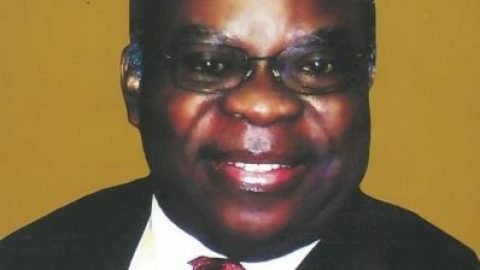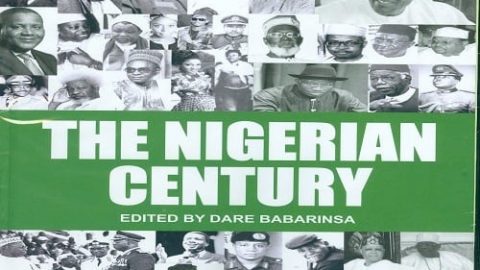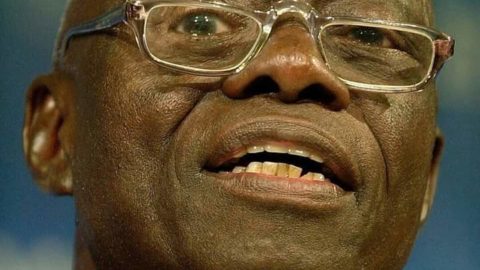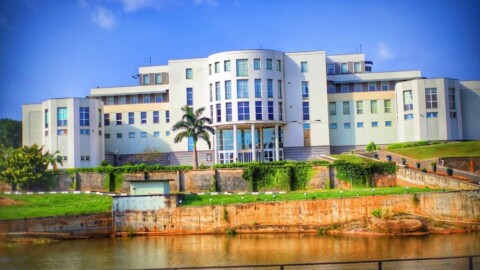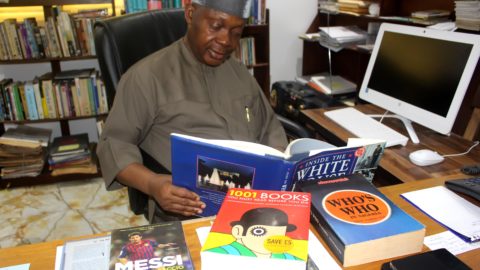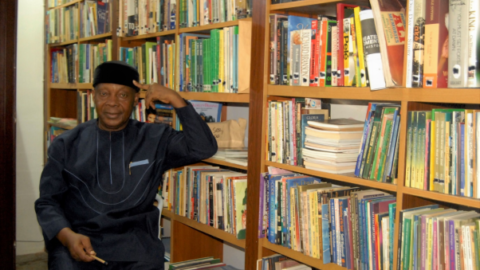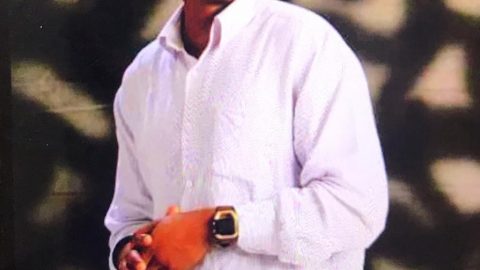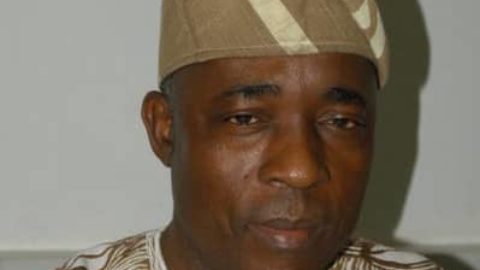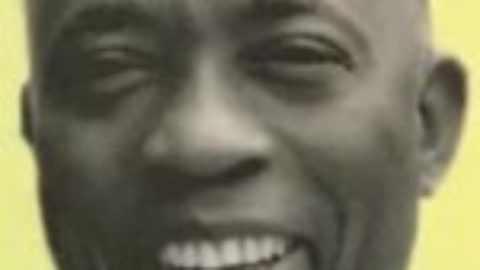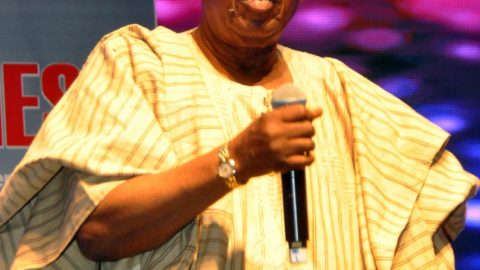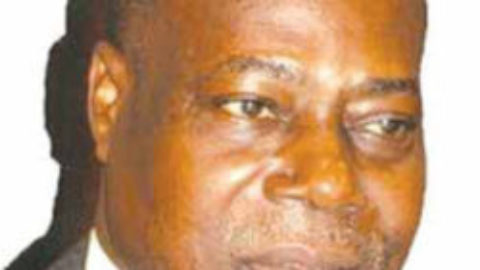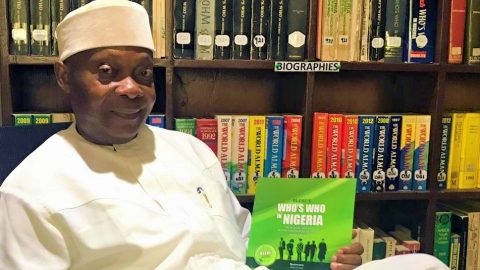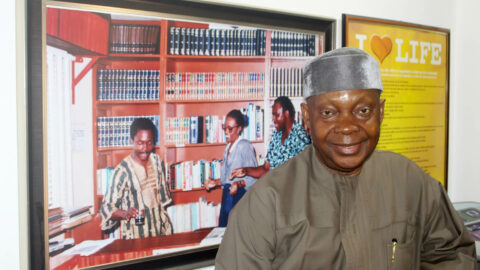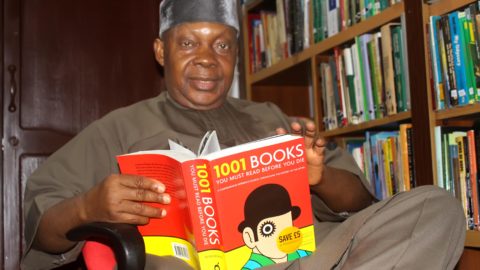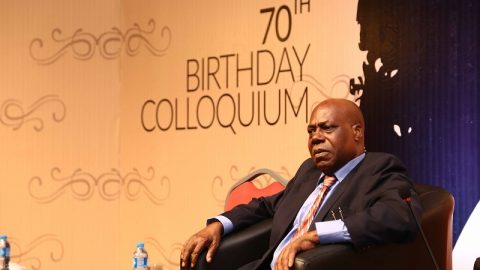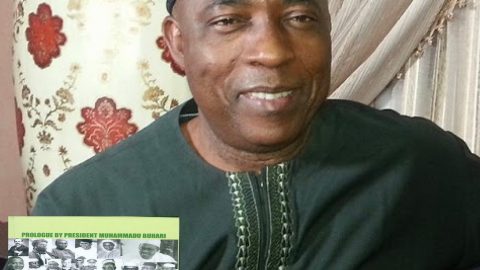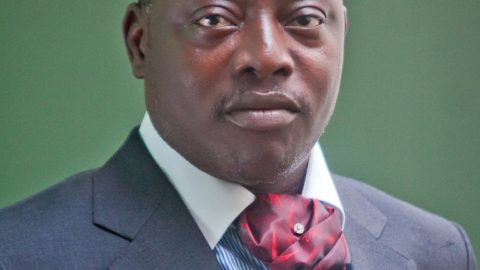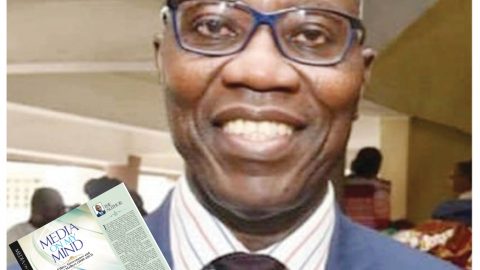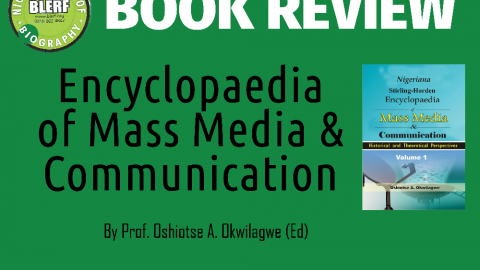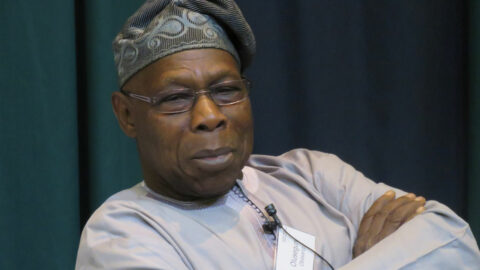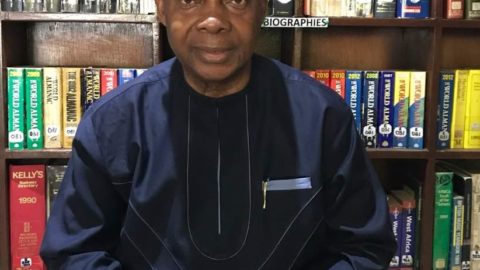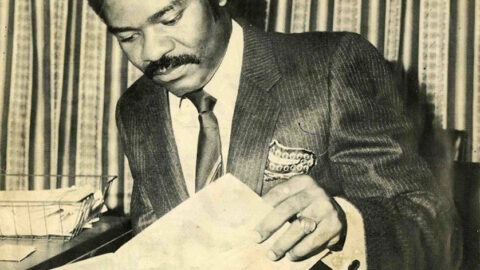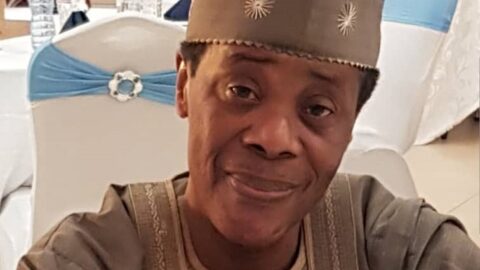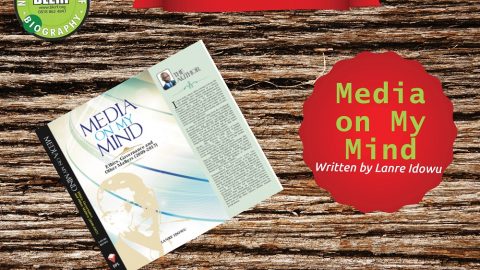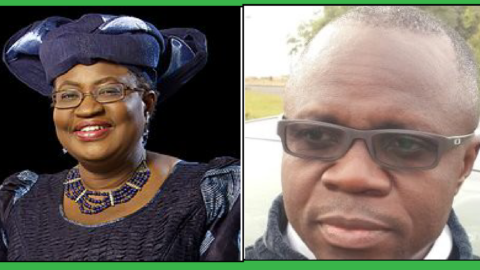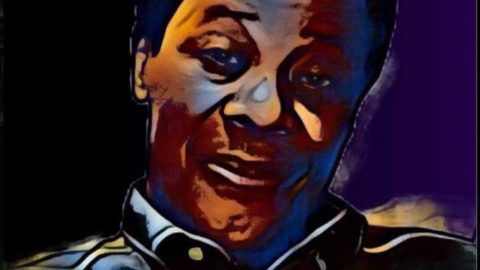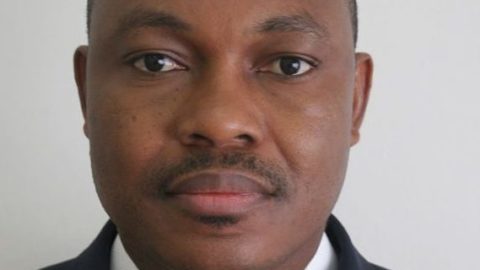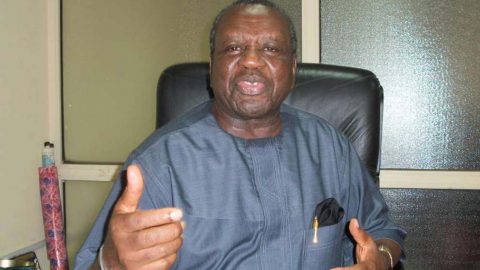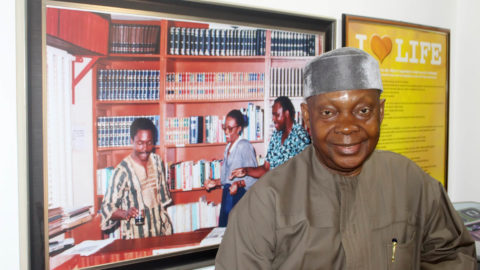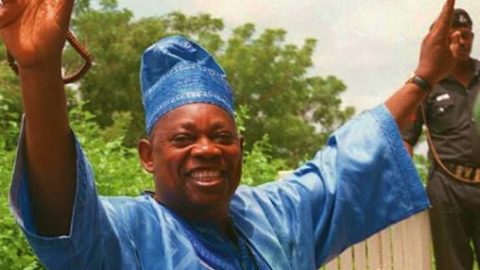By Dare Babarinsa
There are still people in Nigeria who live mainly by the written word. That is the lot of Nyaknno Osso, who was our pioneer librarian at the old Newswatch. After 50 years as a librarian, Osso is not about to retire.
He is now at the centre of an information revolution, trying to gather biographical information on thousands of Nigerians working through his Biographical Legacy and Research Foundation (BLERF), which has information on prominent Nigerians from 1861 till the present day. His library is available on the internet.
Despite his humble nature and self-effacing personality, Osso has affected Nigeria more than any other librarian. He is indeed, Nigeria’s most successful bibliophile.
When I was employed by Newswatch in late 1984 (the magazine debuted in ’85), I was the second editorial staff. Nyaknno was already there before me. I joined Newswatch the same day with my friend, the late Wale Oladepo. Osso was the first staff employed by Newswatch. The first editorial staff was Dele Olojede who was to become a global phenomenon as the first African to win the Pulitzer Prize for journalism. Rolake Omonubi from the Nigerian Tribune, was to join us in earnest.
There were no google search in those days, but Osso was equal to the task. Newswatch did not just have a library. It had the Research Library to emphasise its crucial role of research in the nascent days of the magazine.
Osso was the Master Mind in charge of the library and his contributions to the early days of Newswatch was immense. Every reporter was expected to background his story with research from the library. We did not just have newspapers and magazines cuttings; we had access to rare books and research materials.
It was not a surprise that when Chief Olusegun Obasanjo was elected President of Nigeria in 1999, he moved Osso from the media and embedded him for eight years in the sanctum of the Aso Rock Presidential Villa where he was the Special Assistant on Library, Research and Documentation. T
hrough the efforts of Osso, no President in history has been so documented like Obasanjo. Every pen Obasanjo used to sign historic document was kept away in the archive and properly labelled and preserved.
It was Osso who convinced the President that it would be right and proper for Nigeria to have a Presidential Library like it is done in the United States. Obasanjo bought the idea and he made Osso the Executive Secretary and Project Coordinator of the Olusegun Obasanjo Presidential Library, OOPL, the first of its kind in Africa.
Since leaving (OOPL), Osso had been building a new empire of words and documents. For the past 50 years, he has been part of the stories of many media houses. Now he wants research and information to have a life of its own. He believes that having knowledge, especially of the right kind would aid development.
His latest effort, BLERF has collated information on more thousands of prominent Nigerians who have made and continue to make impacts on our country. He has created a virtual library on our country that could be accessed anywhere in the world. It is a feat that only Osso could have accomplished.
Osso is not the only person who live by the word. While he is a quiet operator, humming with deep efficiency, Chief Raymond Dokpesi is a different kind of media person. Dokpesi, who celebrated his 70th birthday on October 25, is a different kind of empire builder. As a young man, he had gravitated to the penumbra of power and has remained there since.
He was a friend to Chief M.K.O Abiola, the publisher of the Concord Group of Newspapers. Dokpesi and Abiola, with their mutual friend, Major-General Shehu Musa Yar’Adua, formed the African Ocean Lines, a shipping company. Though the venture eventually collapsed, it signals the beginning of Dokpesi admission into the big league.
His Ray Power FM became the first privately owned radio station in Nigeria. The station was a refreshing entrant from the staid formality of the government-own radio stations. Soon AIT television station joined in opening a new chapter in mass communications in Nigeria.
In the past, private people were not allowed to venture into the business of broadcasting, for fear that they might be used for the occasional madness of coup plotting which was then afflicting Nigeria until President Olusegun Obasanjo broke the jinx in 1999. Today, we have hundreds of radio and television stations in Nigeria, thanks to the pioneering foray of people like Raymond Dokpesi.
Each of the three was to become media entrepreneur in his own right. FAJ celebrated his 60th birthday recently on October 30. It shows that indeed, boys have become men.
Though the media landscape has changed dramatically, there are still many reasons to celebrate. So, it is with Gbenga Adefaye, enduring editor of the Vanguard who marked his 60th birthday in October. After its iconic founder, Mr. Sam Amuka-Pemu, Adefaye is the best known journalist with the Vanguard.
His years on the editorial seat has seen the paper evolving from its old image as a tabloid to becoming a serious paper in political and economic reporting. It remains the favourite newspaper of the South-South, reporting the oil industry and penetrating the arcane politics of the byzantine Niger Delta. Adefaye led the Guild of Editors for two terms with competence. He was also made a member of the Governing Council of the University of Lagos. He belongs to the elders league now, having crossed into his 60s. He now holds fort as the Provost of the Nigerian Institute of Journalism, Lagos.
So also is Akin Osuntokun, the Balogun of Okemesi in Ekiti State, a journalist and politician. Osuntokun, former Special Adviser to President Obasanjo, later served as the Managing Director of the News Agency of Nigeria, NAN.
During the struggle against military rule, he was a biting columnist for The Guardian, whose fearless logic and daring assertions rattled the military hierarchy. It came with a price. The military regime arrested and detained Professor Akinjide Osuntokun, the Nigerian Ambassador to Germany who was accused of having sympathy with the opposition National Democratic Coalition, NADECO. The ambassador is Akin Osuntokun’s uncle. Akin marked his 60th birthday, yesterday.
Though Chief Oluwole Olanipekun, a lawyer and Senior Advocate of Nigeria, SAN, is neither a journalist nor a librarian, he is also a dealer in the word. For many years now, he has become a pillar of the Nigerian legal system, leading his colleagues in more humane intervention of the law as an instrument of social engineering. He is a tireless advocate of good governance.
Recently, he gave a public lecture in which he called for a wholesale review of the current Nigerian Constitution, asserting that it has failed us. Not many people would disagree with him.
Olanipekun was Attorney-General and Commissioner for Justice in the old Ondo State during the governorship of Evangelist Bamidele Olumilua.
Since then, he has remained within the orbit of power, but has resisted all temptations to join politics. He may not be the richest indigene of Ekiti, but he is one of the state’s biggest philanthropists, contributing to many good causes. Therefore, it was not surprising that many youths and organisations decided to celebrate Olanipekun when he turned 70 few days ago. There is nothing like making good impact.
THE GUARDIAN 25 November 2021


